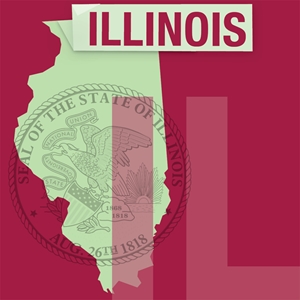
In the days leading up to the opening of the health exchanges, the Labor Department advised business owners that provide employee benefits to their workers to inform their staff about the so-called "navigators" that would be available, enabling them to better understand how the marketplaces work and how they can enroll. Now comes word from the Coalition Against Insurance Fraud that some of these navigators may be identity thieves in disguise.
Recently, the CAIF issued a warning to business owners and consumers, informing them that with the marketplaces open, unsavory individuals looking to take advantage of unsuspecting consumers may try to pose as navigators, when in reality they're looking to steal people's identity. Some of the tactics that could be used include informing consumers that they have to provide them with Social Security information, credit card data or bank account details.
"Or they may ask people to fill out bogus enrollment forms," the CAIF warned. "Fake navigators also might illegally charge an 'enrollment fee' or expensive insurance premiums."
Additionally, these phony navigators may try to sell consumers by supplying them with official looking forms that are bogus health insurance policies.
Jim Quiggle, communications director for the CAIF, told news source Insurance Business that anyone who presents themselves as a navigator but asks for financial data is a major red flag.
"Navigators are required to not ask for personal financial information or charge fees," said Quiggle. "So the moment somebody does ask for payments, you know you have a con."
The prevalence of these navigators will vary depending on the state. For example, Quiggle noted that in California – which has more than 20,000 navigators – there will be more of an opportunity for scam artists to unleash their unscrupulous schemes.





